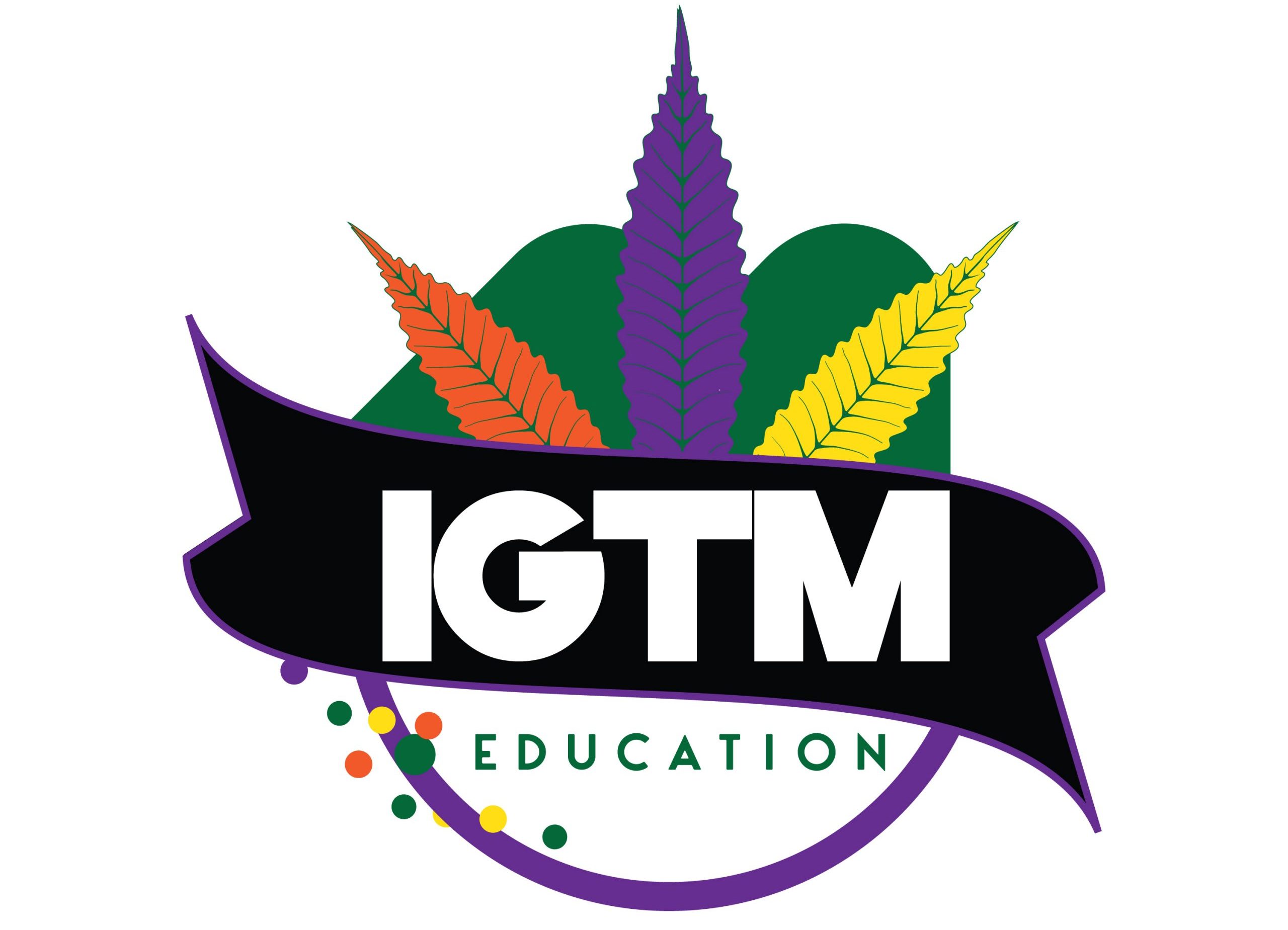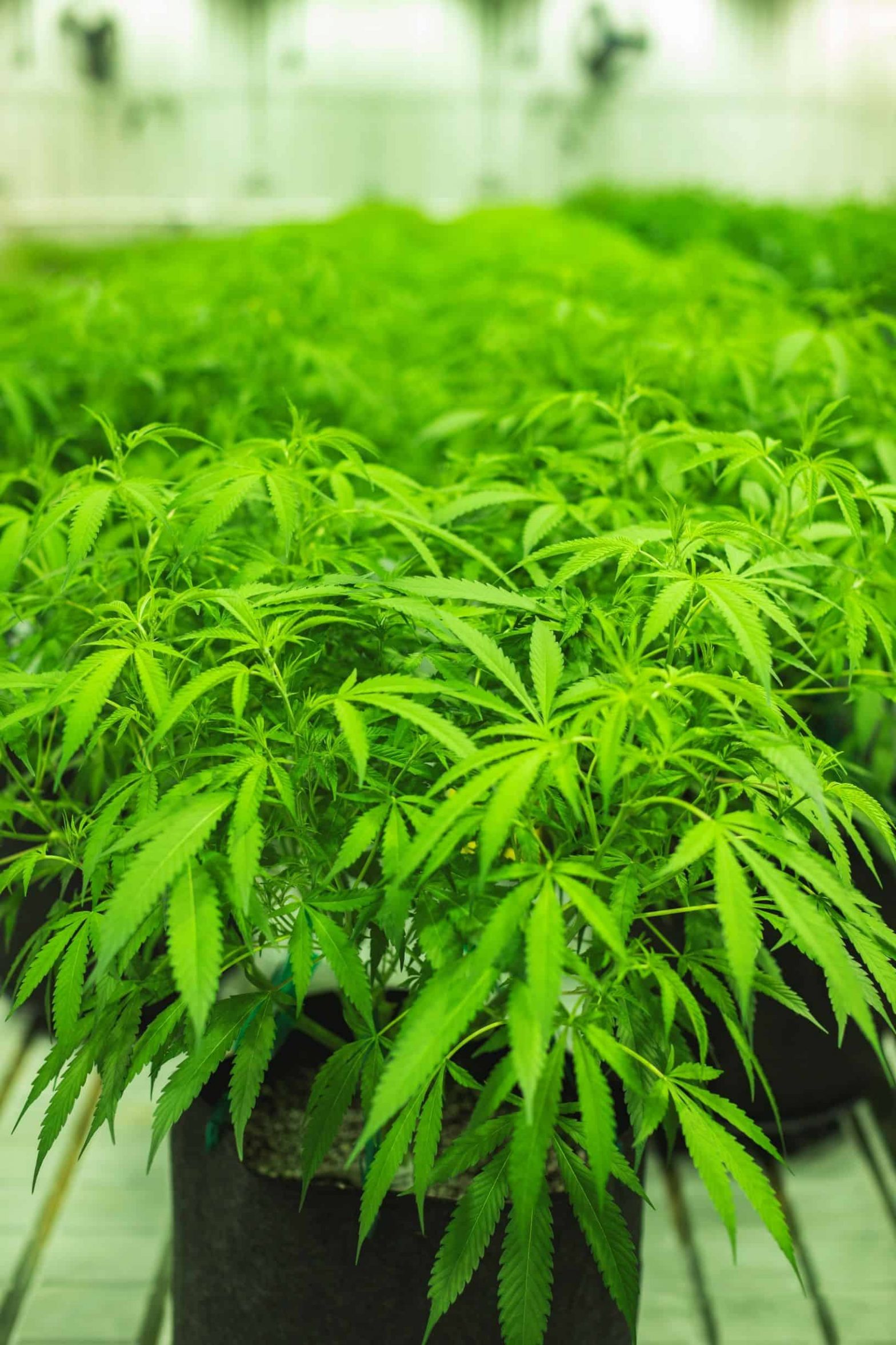With all the buzz surrounding Delta-8-tetrahydrocannabinol (THC) in the cannabis industry, many questions circulate around what the up-and-coming cannabinoid is, where it comes from, and its legal status.
The National Cancer Institute defined Delta-8-THC in a statement as an analogue of THC that contains neuroprotective properties that can increase appetite and reduce nausea, anxiety and pain. It produces some psychotropic effects that are less potent than Delta-9, the primary form of THC found in cannabis.
Though it is naturally occurring in cannabis, Delta-8-THC can be converted in a lab from cannabidiol (CBD) and Delta-9-tetrahydrocannabinol (THC), says Dr. Ethan Russo, M.D., a board-certified neurologist and founder and CEO of CReDO Science. He says he believes it is most commonly converted from CBD.
Industry stakeholders disagree over if it is federally legal and whether it presents a market opportunity for hemp and cannabis businesses.

Lifted Made, a wholly owned subsidiary of Acquired Sales Corp, entered the Delta-8 market last summer when there were only a handful of brands in it, said Nicholas S. Warrender, vice chairman and COO of Acquired Sales Corp and CEO of Lifted Made.
Once introduced to Delta-8 in winter 2019, the brand started to establish relationships with smaller labs and freelance chemists. The team spent about six months doing its legal diligence to ensure they created a high-quality product they felt comfortable to release to the market, he says.
One problem the brand faced when initially entering the market was testing, as many labs did not have a proper standard operating procedure in place, causing a lot of product to test hot; however, the brand worked through the issue and now sells Delta-8 that a third-party lab extracts from hemp.
The brand offers a variety of Delta-8-infused products through its Urb brand, including, vaporizer cartridges, disposable vapes, chocolate, flower, dabs and vegan gummies.
Warrender says he’s seen a drastic increase in consumers purchasing Delta-8 products because they are interested in finding a product more potent than CBD but less intense than Delta-9 THC.
Florida-based cannabis company Trulieve operates 77 dispensaries and roughly 2 million square feet of cultivation space in the Sunshine State, three dispensaries and 90,000 square feet of cultivation in Pennsylvania, and one dispensary in both California and Connecticut. It also plans to expand its cultivation and dispensary operations into West Virginia and Massachusetts.

Trulieve offers Delta-8 in its TruPod vaporizer cartridges and TruClear Syringes, says Beau Williamson, Trulieve director of research and development.
The company sources all its Delta-8 from medical cannabis—specifically via conversion from Delta-9, Williamson says. “Typically, patients may experience some of the same analgesic and antiemetic effects as Delta-9,” he adds. “Delta-8 also has some of the same psychoactive effects as Delta-9, only in a much milder form.”
Trulieve started manufacturing and selling Delta-8 products to “provide some of the same medical and therapeutic benefits as Delta-9 products without some of the side effects some experience with Delta-9, such as anxiousness,” Williamson says. “Medications that inhibit anxiety are referred to as anxiolytics. Delta-8 is much less likely to induce anxiety in high doses than its more widely known counterpart, Delta-9-THC.”
Where It Comes From
The cannabinoid Delta-8-THC is a natural component of cannabis, Russo says.
“[W]ith very good, modern analysis, like HPLC [high-performance liquid chromatography], where you’re not heating anything, there will be Delta-8 found,” Russo says of the cannabinoid’s natural occurrence in the plant. “Sometimes it’s not a little bit—sometimes it’s high amounts.”
However, he says, “The main source these days seem to be in the lab, turning CBD into it.” In addition to its conversion from CBD, it can also be created via conversion from Delta-9.
RELATED: Dr. Ethan Russo Endorses 1% THC Limit for Hemp
Delta-8 is psychoactive, Russo says, though he adds that more research is needed to better understand its effect on humans. “The ideal thing would be a head-to-head comparison of Delta-9 to Delta-8,” he says. “It has been the contention that it is similar to, but perhaps slightly less potent, than Delta-9.”
But there are potential safety concerns. As with Delta-9, Russo says, Delta-8 can cause issues such as toxic psychosis when consumed in large amounts. Poor quality control and fake product labels are other issues that can come up in the marketplace.
Legal Status
“There’s tons of this stuff being sold over the internet, and with the idea that it’s legal under the hemp bill [2018 Farm Bill],” Russo says of Delta-8-THC. “That is totally wrong.”
When asked if that’s because of language from the Drug Enforcement Administration (DEA) that states that tetrahydrocannabinols are illegal when synthetically produced from cannabis, he said, “Right, that’s true. Additionally, there is this nasty little law … called the [Federal] Analogue Act, which says, basically, if you’ve got a drug that’s chemically closely related to something that is Schedule I, … it’s Schedule I and illegal as well.”
Russo is urging the industry be cautious about Delta-8. “People are basically trying to drive a Mack Truck through a rathole with this kind of thing, and it’s pretty much no holds barred until somebody gets busted,” he says. “It’s not [something] I’m really pleased about, particularly since science doesn’t [present] all the knowledge we should have about this. And that’s the government’s fault, too; if there hadn’t been these roadblocks to research for decades, we wouldn’t be having to answer these questions.”

Alex Buscher, founder of Buscher Law in Denver, said he believes the DEA’s interim final rule (IFR) on “marihuana,” which addresses the implementation of the 2018 Farm Bill and “synthetically derived tetrahydrocannabinols,” should be struck down as invalid.
He points out that the DEA states in the IFR that “synthetically derived tetrahydrocannabinols” are Schedule I substances; however, the 2018 Farm Bill explicitly excludes “tetrahydrocannabinols in hemp” from Schedule I.
“But they didn’t define ‘synthetic,’ and they don’t actually have a definition of ‘synthetic’ in the Controlled Substances Act,” Buscher says. Much of the Delta-8 on the market is converted in a lab from the CBD of hemp that’s legally grown with less than 0.3% THC.
The DEA’s definition of “synthetically derived tetrahydrocannabinols” could be interpreted to include Delta-8 made from isomerized CBD, Buscher says. Delta-8 isn’t mentioned by name in the 2018 Farm Bill, the DEA’s IFR or the Controlled Substances Act.
“The IFR also conflicts with DEA and DOJ’s [Department of Justice] prior interpretations of ‘synthetic cannabinoids,’” Buscher says. “A DEA agent is on record explaining that ‘“synthetic cannabinoids” are “designer drugs” developed from a nonorganic source and intended to produce effects similar to THC, the active ingredient in marijuana.’”
Buscher also points to a National Institute on Drug Abuse document on the DOJ’s site that says “synthetic cannabinoids” are “man-made” and sometimes “sprayed on dried, shredded plant material.” The document mentions “Spice,” “K2” and other products that mimic cannabis’ effects but “may affect the brain much more powerfully than marijuana.” (Russo says these synthetic substances are “full agonists” at CB1 receptors in humans’ endocannabinoid systems and “are nothing like THC or cannabis.”)
A case addressing the DEA’s IFR is currently moving through the U.S. Court of Appeals for the District of Columbia Circuit. As Hemp Grower previously reported, the Hemp Industries Association (HIA) and RE Botanicals of Conway, S.C., sued the DEA over the agency’s IFR in September 2020, stating that the DEA skirted legal procedure, overstepped its regulatory authority and did not act “in accordance with law” when it issued the rule. Buscher says he supports the legal challenge.
A court ruling in favor of the HIA and RE Botanicals could provide some security for plant-touching businesses dealing with Delta-8, Buscher says, but until then, dealing with the cannabinoid could land them in hot water.
“[A]s an attorney, I have to tell my clients it’s not without risk because the DEA rule is essentially raid first and fight you in court later,” Buscher says.
He adds that many states have deemed tetrahydrocannabinols Schedule I substances, and that extends to Delta-8. “A lot of states don’t even have a hemp definition constitutionally, or even a hemp definition that exempts hemp from marijuana,” Buscher says.
Delta-8 VS. Other Cannabinoids
Warrender says he wouldn’t classify Delta-8 as an alternative for other cannabinoids, as they can all produce different effects.

“Delta-8 is a THC compound; however, it’s chemically different than Delta-9,” Warrender says. “Delta-8 doesn’t have nearly as many psychoactive properties, so you don’t get a heavy high where you’re anxious or can’t quite function at your highest potentials.”
Some of the common side effects of Delta-9 THC like head fog, anxiety or paranoia, cottonmouth or red eyes seem to not be common with Delta-8, he says. Instead, he says many consumers have reported to have a clear mind and feel relaxed after consuming Delta-8.
“Delta-8 does have some euphoric uplifting values, where you’ll feel it, and that is something that differentiates it from [cannabinoids such as] CBD,” he says. “Those have more of an effect where when you take them, it doesn’t give you an instant feeling, but Delta-8 can give you an instant feeling of relief.”
However, like Delta-9, he says consumers reported to experience a heavier, more intense feeling when consuming Delta-8 infused edibles versus smoking flower or vape, due to how the body metabolizes it.
While he suggests some of these cannabinoids can be paired together, like Delta-8 and CBD, it ultimately depends on the consumers’ needs, expectations and why they are taking a certain product.
“CBD, for example, doesn’t have as many effects, but I’ve gotten a lot of reviews from consumers that say isolated CBD helps for sleep or pain management,” he said. “But others that are looking to have a calming and immediate effect, almost like a refresh, say Delta-8 is a great cannabinoid to use during the day or even at night. So, that’s where all these different cannabinoids come into place.”

